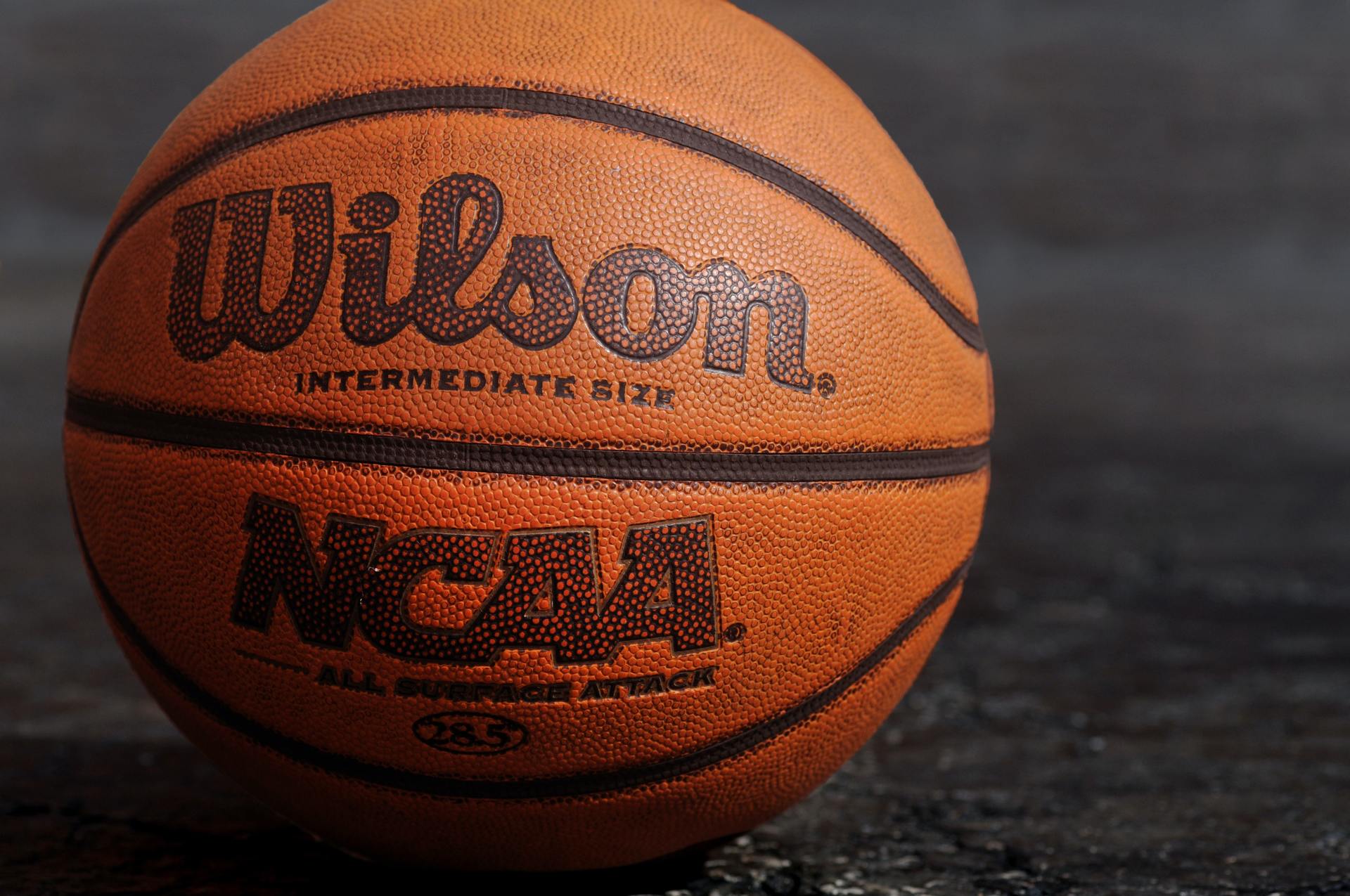Sports and Entertainment: Mitigate Risk and Respond to the Impacts from COVID-19
February 18, 2021 |
Client Alerts
As you are all too aware, the global COVID-19 pandemic continues to have a devastating impact across all segments of the sports and entertainment industries.
The cancellation or postponement of sporting events, concerts, theatre and film productions, tours, festivals and numerous other industry events shuttered box offices and venues around the world. Gyms, sporting complexes, training facilities and other similar venues were forced to close for months without knowledge of when they will be able to re-open.
Undoubtedly, the COVID-19 pandemic has fundamentally altered the landscape of these industries by virtually cutting off the revenue streams they once could rely on.
As venues begin to re-open their doors, it is important for the sports and entertainment industries to take additional steps now in order to mitigate risk and respond to the impacts from COVID-19. Stakeholders in these industries should consider a variety of legal issues and strategic opportunities to aid in recovery and to position themselves to thrive in the future, including:
Update Key Contracts
The cancellation or postponement of sporting events, concerts, theatre and film productions, tours, festivals and numerous other industry events shuttered box offices and venues around the world. Gyms, sporting complexes, training facilities and other similar venues were forced to close for months without knowledge of when they will be able to re-open.
Undoubtedly, the COVID-19 pandemic has fundamentally altered the landscape of these industries by virtually cutting off the revenue streams they once could rely on.
As venues begin to re-open their doors, it is important for the sports and entertainment industries to take additional steps now in order to mitigate risk and respond to the impacts from COVID-19. Stakeholders in these industries should consider a variety of legal issues and strategic opportunities to aid in recovery and to position themselves to thrive in the future, including:
Update Key Contracts
- Sports and entertainment companies should locate and carefully review their key contracts in light of the current crisis. Review should focus on so-called “force majeure” and “material adverse change” or “material adverse effect” clauses, which are routinely included in sponsorship agreements, license agreements, lease agreements, promoter agreements, facility or use agreements, and other industry contracts.
- Historically, these provisions were not heavily negotiated. But now, the precise wording of these clauses is critically important for determining whether the contract remains enforceable or if a party has a basis to delay, rescind, or modify performance.
- These provisions must be analyzed on a fact-specific basis under the terms of the agreement and governing law. Sports and entertainment companies should undertake a review of these provisions with their counsel to assess the parties’ respective rights and obligations under the contract and applicable law.
Review Existing Insurance Policies
- Industry stakeholders should also review their existing insurance policies, including commercial general liability, business interruption, and event cancellation policies, to determine possible coverage in the event of future cancellations, closures, or other business disruptions. Similar considerations also apply where events are held or operations continue.
- Sports and entertainment companies should also review any and all internal risk management procedures.
Employment Law Considerations
- Pursuant to the Occupational Safety and Health Act (OSHA) and various other similar state laws, employers have an obligation to provide a safe and healthy work environment (even if work occurs outside the employer’s physical premises). Under these laws, employers must not place their employees in situations that are likely to cause serious physical harm or death.
- Employers in these industries will likely need to implement new procedures and practices to ensure compliance with these laws. Properly planning for and implementing internal plans and policies to deal with COVID-19 will likely include facilitating remote work options for employees.
- Employers should consult with qualified counsel before implementing these policies and procedures as broad internal employee policies and business decisions about employees not based on statistical realities could result in an employer being sued under laws that prohibit discrimination.
Considerations for Additional Capital
- If additional capital sources are required for sustainability, companies can consider various alternative sources of funding.
- New federal and state assistance including SBA loans may be available to smaller sports and entertainment companies to help bridge payroll and operational needs under recently enacted legislation.
Effective planning for any business will be critical and should involve guidance from a multi-disciplinary team. Lippes Mathias’ Sports, Entertainment & Hospitality team has the legal and practical expertise to assist clients in this industry. Our attorneys routinely assist clients in the sports and entertainment industry with:
- Sponsorship agreements (both for brand sponsors and teams and venue operators)
- Naming rights agreements
- Stadium and arena license agreements
- Formation and sale of entertainment properties
- Facility agreements (or use agreements)
- License agreements
- Promoter agreements
- Brand and social media influencer contracts
- Athlete and talent immigration matters
- Defense of sports and entertainment companies in litigation matters
- Labor and employment matters
- Real estate and financing transactions
- Intellectual property matters
We have no doubt that these industries, which include some of the most talented people in the world, will recover and return equipped for future success. If you or your company is grappling with any legal issues as you manage through the recovery process, we would be happy to provide the coordination, guidance, advice, and counsel needed for success.
Please contact Benjamin T. White, 716.853.5100 x1316 / bwhite@lippes.com, with any questions or to discuss your business needs.
Related Content

Press Releases
Lippes Mathias Advises Dexter Paine in Purchase of Maine Mariners ECHL Team
September 30, 2024


Press Releases
64 Lippes Mathias Attorneys Recognized in the 2024 Editions of Upstate New York and Florida Super Lawyers
August 22, 2024


Press Releases
Lippes Mathias’ Sports, Entertainment & Hospitality Team Secures League Admittance for New ECHL Franchise in Lake Tahoe, Nevada
July 17, 2023


In The news
Benjamin T. White and Joseph W. Schafer Quoted in Buffalo Business First "NCAA Tournament's Return to Buffalo with New Layers of Lucrativeness"
March 15, 2022

TAGS
COVID-19
PRACTICE TEAMS
SPORTS, ENTERTAINMENT & HOSPITALITY



